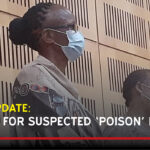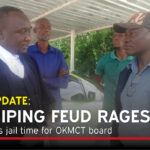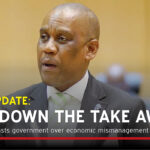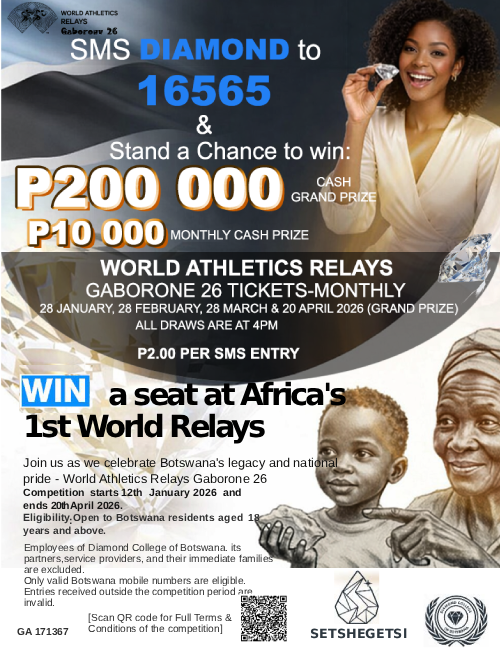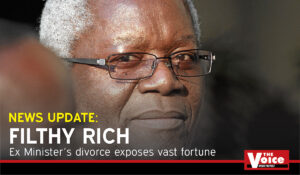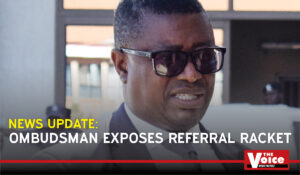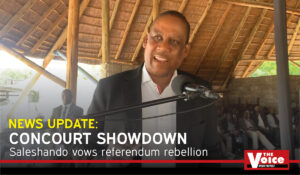FAB to host Inaugural Open Fair
The Feminist Alliance Botswana (FAB), a group of volunteers advocating for the rights of all women, will host an open fair on 14th September, from 0900 to 1500hrs at the Extension 12 Community Park in Gaborone.
Formed in March 2023, FAB comprises activists, online hashtag campaign movements, NGOs, academics and journalists.
This week, Voice Woman speaks to a member of the alliance’s planning committee, Project and Legal Manager of Botswana Centre for Public Integrity (BCPI), Tumisang Seabo, about this initiative aimed at creating an inclusive platform for education, collaboration and advocacy within the country’s feminist movement.
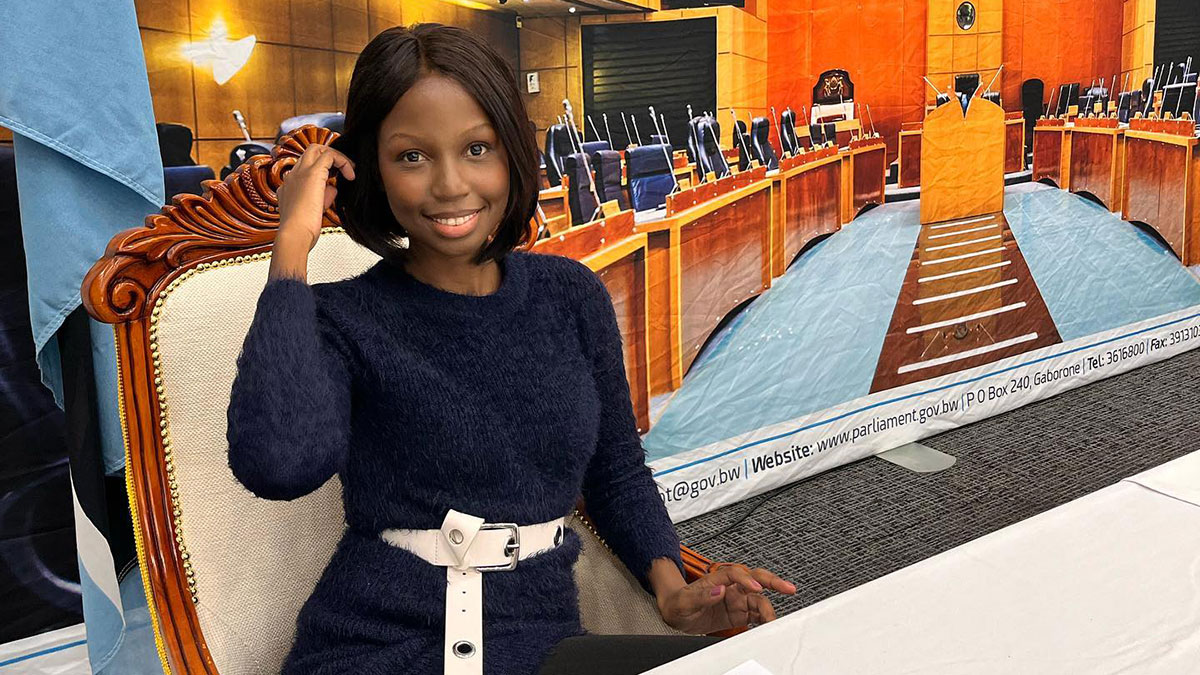
Please educate us on the work of Feminist Alliance Botswana.
We believe all women should enjoy and live in an environment free from all forms of sexual harassment and violence.
Our main objectives as FAB include:
- Amplification and consolidation of the women voice in Botswana.
- Development of partnerships among feminist/gender activists by creation of synergy and networking opportunities among members.
- Lobbying and advocacy for the changes in laws and policies that disadvantage women.
- Education of the public on the importance of inclusion and empowerment of women Rragwe-T Campaign.
On the 8th September to the 14th December 2023, FAB launched an anti-sexual harassment campaign called ‘Rragwe-T’ to highlight cat-calling as a form of sexual harassment.
The idea was taking the ‘Mmagwe T’ narrative used in Botswana catcalling, and writing 16 letters to Rragwe-T showing how the behaviour is unacceptable.
This was done through GabzFM 16 Days rotation of pre-recorded letters, video story shared on Facebook and other social media circulation, and radio interviews.
What was the central message?
FAB believes the following messages are key:
- Cat-calling, sexual jokes and innuendos, unwarranted comments on people’s bodies, whistling, sexually suggestive gestures, etc. are all forms of sexual harassment and violence.
- Sexual harassment and violence are a crime, rooted in gender inequality.
- Sex without enthusiastic consent is rape.
- Sexual harassment and violence can happen to anyone. However, women living with disabilities and members of the LQBTQIA+ community are more likely to be disproportionally affected by sexual harassment and violence.
Do share more details on your upcoming event.
The Open Fair will be an empowering space where diverse voices can converge to discuss, learn, and strategise on advancing gender justice and women’s rights.
The purpose is to establish an inclusive platform that fosters education and advocacy within the feminist movement in Botswana.
FAB is grateful for the partnerships with organisations such as the Friedrich-Ebert-Stiftung (FES) Botswana, and GIZ Botswana for their support for the fair.
How does FAB plan to assist survivors GBV?
By leveraging the strengths of its member NGOs, many of which are already effectively working in this area; by providing additional support, whether through lobbying, advocacy campaigns, or other forms of assistance, to ensure that the voices of survivors are heard and that the fight against GBV is reinforced at every level.
Botswana continues to top the list of countries with the highest rape rates in the world. What can be done to tackle rape culture in our country?
Rape and all forms of violence against women are structural issues deeply rooted in our families, churches, schools, society, politics, and economy.
To effectively address these issues, we must dismantle these harmful structures across all sectors. This is why we can never have too many organisations working on these problems – the severity of the issue demands that everyone plays a role in the solution, all hands-on deck.
What are some of the policies or laws that disadvantage women?
There are significant gaps in the protection of GBV survivors, leaving both victims and those fighting against GBV vulnerable.
The Domestic Violence Act must not be a toothless piece of legislation that allows the victimization of survivors’ representatives, support systems, and response teams.
Likewise, the Penal Code must be robust enough to prevent perpetrators from demanding the return of those they have threatened or assaulted after being charged with serious offences.
The First Past the Post (FPTP) electoral system in Botswana hinders women’s meaningful participation in the democratic process.
The legal framework governing elections in Botswana – comprising the Constitution, the Electoral Act, and the Local Government (District Councils) Act – does not mandate quotas for women’s representation in the National Assembly, Local Government, or within political parties.
As a result, during national elections, the number of female candidates is often limited, as political parties are not required to ensure gender balance.
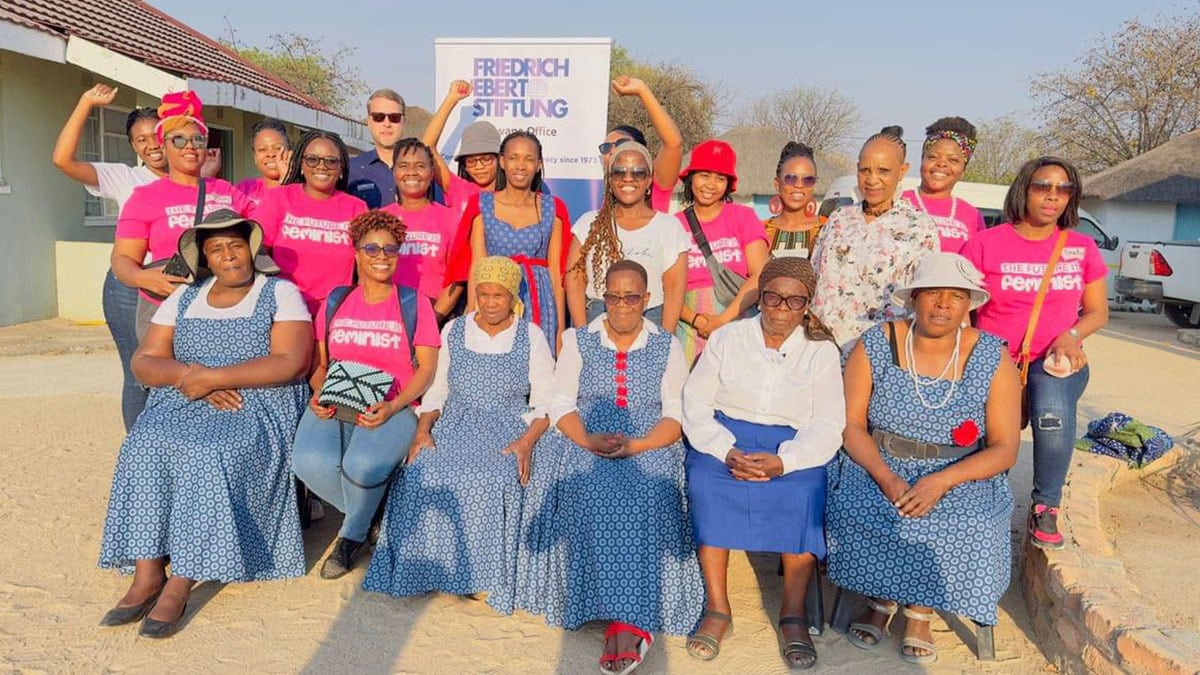
However, Botswana could implement gender quotas without changing the electoral system, as some countries using FPTP have successfully done.
The ideal outcome of a Constitutional review would be a shift in the electoral system combined with the adoption of a 50 percent gender quota, but unfortunately this opportunity was missed.
Indeed, going into this year’s general elections, we still see fewer women in politics. What are the association’s views on this matter?
The lack of female representation remains a significant issue in Botswana, as only three women won seats in the National Assembly in the 2019 elections, down from four female Members of Parliament in the 2014 general election.
This underrepresentation excludes women from major decision-making processes, leading to policies and laws that are often ineffective for women.
True democracy requires the fair representation of all interest groups in society, and the underrepresentation of women undermines this fundamental principle.
It is clear that special measures are needed to increase women’s representation at all levels of political decision-making in Botswana.
Electoral systems play a crucial role in determining the extent of women’s political participation worldwide.
Political parties must take deliberate steps to adopt affirmative action measures that increase the participation of women, youth, and people with disabilities in decision-making structures.
Additionally, gender-based violence in the political arena must be addressed, and impunity must end.
Affirmative action is also needed to help women overcome the economic challenges of running for office, along with training programs to empower women to take on more leadership roles.
Talk us through other important issues you intend to raise awareness of at the event?
Since all issues affecting women are structural, we will have three panel discussions at the event.
The first will focus on women in politics, exploring the challenges and opportunities for greater representation and influence.
The second will address access to finance for women-owned businesses, highlighting the barriers and potential solutions.
Additionally, we will emphasise the presence and contributions of women in key sectors of our economy, including agriculture, tourism, and mining.




